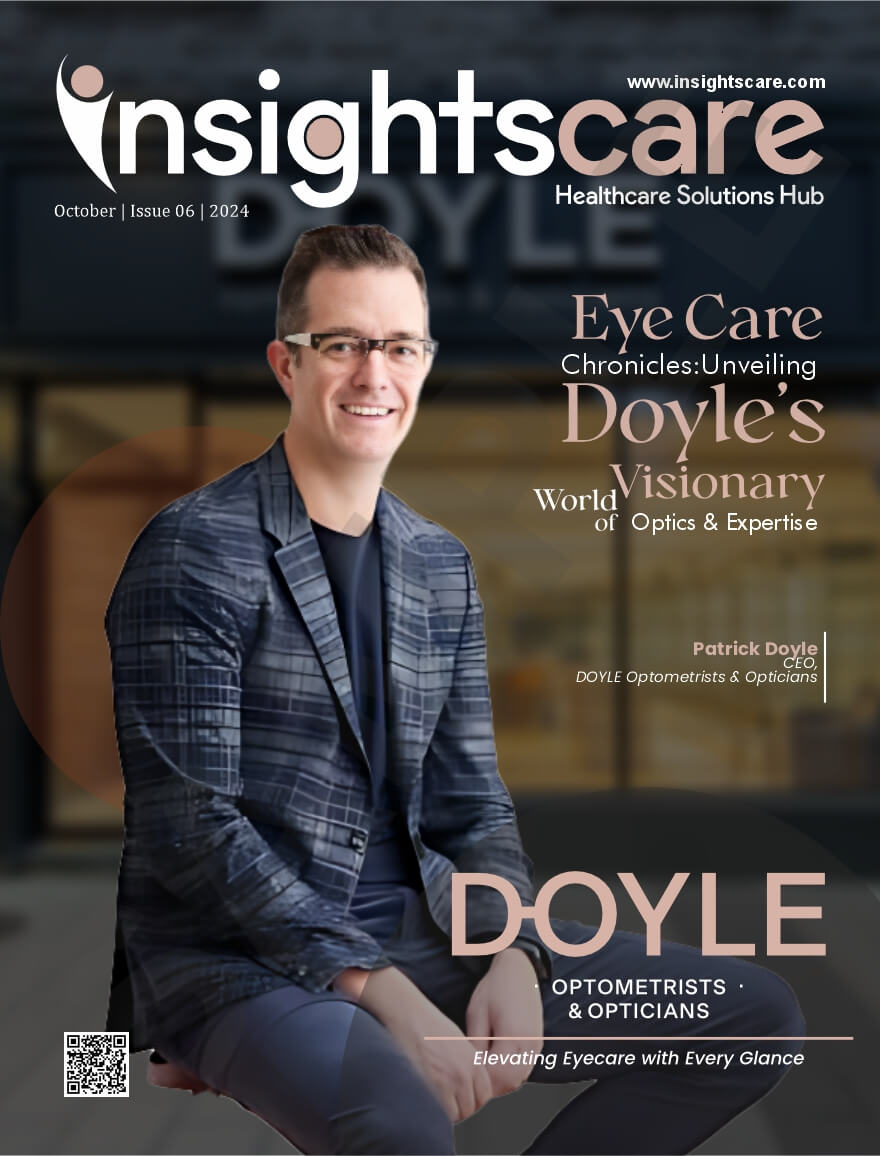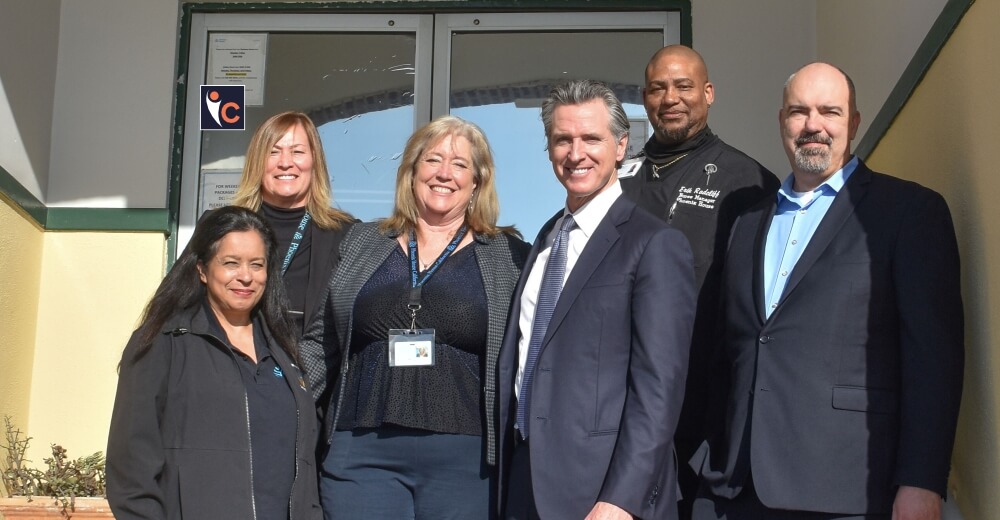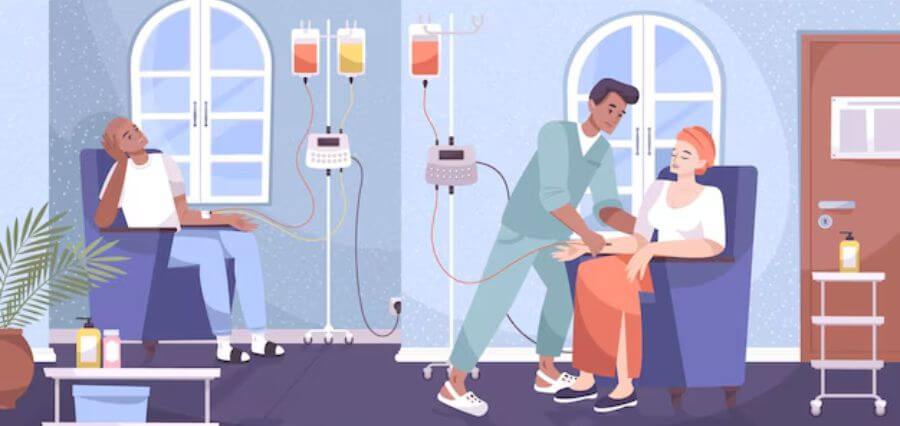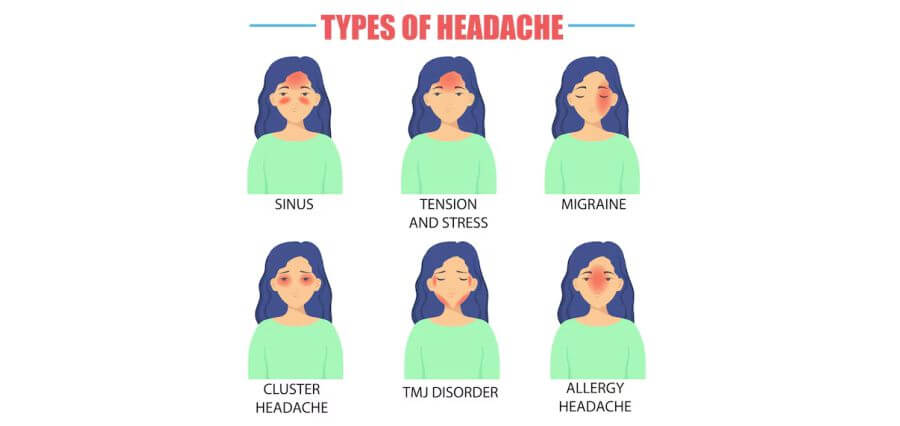The rehabilitation industry spans a broad spectrum, encompassing diverse addiction recovery centers. Among these healing centers where the pursuit of lasting recovery meets compassionate care, one name shines brightly – Phoenix House California. This rehabilitation center, situated in the heart of Southern California, stands as a resilient force in its mission to provide comprehensive addiction, prevention, and mental health services. Leading the center is the accomplished and dedicated Alice Gleghorn, serving as the President and CEO.
Phoenix House California has been a pillar of behavioral health services in the state since its inception in 1979. The center’s commitment to excellence is evident in its diverse range of offerings, spanning substance use disorder (SUD) treatment, mental health therapy, and wraparound services for both children and adults.
Dr. Gleghorn’s wealth of experience, coupled with a passion for community well-being, has undoubtedly shaped Phoenix House California into a powerful force in the rehabilitation industry.
In addition to the extensive community outreach, Phoenix House California plays a crucial role in in-custody SUD treatment programs across several institutions, spanning Tulare County through five CDCR facilities to Los Angeles and Orange Counties. The center’s preventative efforts extend to thousands of children in about 70 schools in Orange County and the San Fernando Valley, offering essential services and interventions that lay the foundation for healthier futures.
In an exclusive interview with Dr. Gleghorn, we explore the transformative journey of Phoenix House California, where healing is not just a process but a profound commitment to rebuilding lives and restoring hope.
Dr. Gleghorn, can you tell us about your background, especially your experience in HIV prevention research and contributions to harm reduction policies and programs?
I held a variety of academic and government positions across 30 years, beginning with research focused on HIV prevention among injection drug users and homeless youth. As a Director of the Santa Barbara Department of Behavioral Wellness (2014-2021), I oversaw integration of mental health and substance use disorder (SUD) services focusing on resiliency/recovery-oriented care. Earlier, I worked on over 20 federal grants to expand SUD treatment through San Francisco’s Department of Public Health. I implemented innovative opiate treatment programs and oversaw mental health services funded by Proposition 63. I participated in the design and implementation of pivotal programs including San Francisco’s Harm Reduction policy (2000), Drug Overdose Prevention Education (1999), and Buprenorphine Induction Clinic (2003). I authored or co-authored more than 30 research studies published in refereed journals, including Drug and Alcohol Dependence, The American Journal of Drug and Alcohol Abuse, Journal of Substance Abuse Treatment, and the Journal of Psychoactive Drugs. But I’m a practical person and enjoy helping people, saving lives. I helped pilot the use of Naloxone (injectable 2003, intranasal 2010) to prevent overdose death in San Francisco. In 2003 I launched pilot programs for the State for Office-Based Opiate Treatment – the forerunner of today’s Medication Assisted Treatment services – and Mobile Methadone Van services. I’ve been at Phoenix House since June 2021 and I’m very proud of what we have been able to accomplish.
How has the organization evolved over time, and what significant milestones have been achieved in the journey of helping individuals overcome substance use and mental health disorders?
Phoenix House services in California commenced in 1979, as an affiliate of Phoenix House Foundation, a nation-wide behavioral health treatment provider created in 1967 in New York and operating in 11 states. After the dissolution of Phoenix House Foundation in 2019, Phoenix House California became an independent nonprofit corporation. Over the years, Phoenix House continued to focus on the most vulnerable individuals, including those formerly homeless and justice involved. Our treatment model evolved from a “therapeutic community” of mutual assistance into a trauma-informed, Evidence-Based Practice approach, implemented by well-trained and dedicated staff. We are dedicated to growth and embracing change in an ever-evolving field.
What do you believe sets Phoenix House California apart as a leading addiction recovery center?
Our greatest asset is our well-trained and dedicated staff. Our client satisfaction surveys give the credit for successful completion of treatment to the support and assistance of our amazing counselors and therapists. They constantly improve their skills and knowledge. Phoenix House California is CARF-accredited and provides robust training and continuing education support to its staff. Our staff reflect the diversity of clients we serve, and we are committed to integrating the principles of Diversity, Equity, Inclusion and Belonging throughout our organization.
How has your clinical psychology background and previous roles prepared you for leading Phoenix House California in its mission to address substance use and mental health disorders?
My psychology background is helpful in steering an entire organization with over 380 staff, serving thousands of people each year. In addition to having in-depth knowledge of theory and practice of treatment, I stay current on priorities and challenges for the behavioral health field on the county and state level. I am currently on the Board of Directors of the California Institute for Behavioral Health Solutions, focusing on behavioral health state policies and with the California Association of Alcohol and Drug Program Executives which meets regularly to review state and county plans, establish priorities, and communicate with county and state administrators. We often introduce and help guide emerging initiatives, legislation and funding opportunities in advance so we can be well prepared to participate in cutting-edge practices and service expansion.
What initiatives or strategies does Phoenix House California employ to engage with the community and contribute to drug prevention education?
Phoenix House focuses on prevention and youth services, because addressing substance use early on helps youth succeed in their studies and life. Since 2011, Drug and Alcohol Prevention Services have been offered to students through contracts with the Los Angeles Department of Public Health’s Substance Abuse Prevention and Control. Since 2022, a new SAPC contract for Community Collaborations Program has funded community-wide prevention services such as conferences, workshops, and social media campaigns. In 2013-2023, the Orange County School-Based Behavioral Health Intervention and Support Services offered prevention and intervention services to thousands of students in local schools. These services helped them gain cognitive, emotional, and social skills to overcome life’s challenges. We replaced this program in July 2023 with Youth Prevention Services and a wider range of services. We will keep expanding our prevention efforts. It is much less costly for society to deal with SUD and mental health issues before these develop into chronic conditions and destroy an individual’s health, career, family, or negatively impact their communities.
How does the organization stay at the forefront of advancements and best practices in addiction recovery to ensure the highest quality of care for its clients?
We stay informed and constantly improve and expand our skills and knowledge through continuing education, training, participation in conferences, and more. We provide our staff with generous tuition assistance benefits, so they obtain their SUD Certifications and work on professional licensing. Phoenix House is CARF-accredited and benefits from CARF resources.
How does Phoenix House California envision its growth in the coming years?
I think that being able to serve an ever-increasing number of clients negatively affected by drugs/alcohol and/or mental health issues is an important priority. To this purpose, we have expanded our residential treatment by adding a new 66-bed site in Victorville, San Bernardino County that is now in its start-up phase. We have also obtained funding to add treatment beds and housing to our facilities in Lake View Terrace (79 beds) and Santa Ana (38 transitional housing beds). I think that Phoenix House has tremendous potential for growth and assets that make it possible: well-educated, caring and experienced staff!
Read More: Click Here










